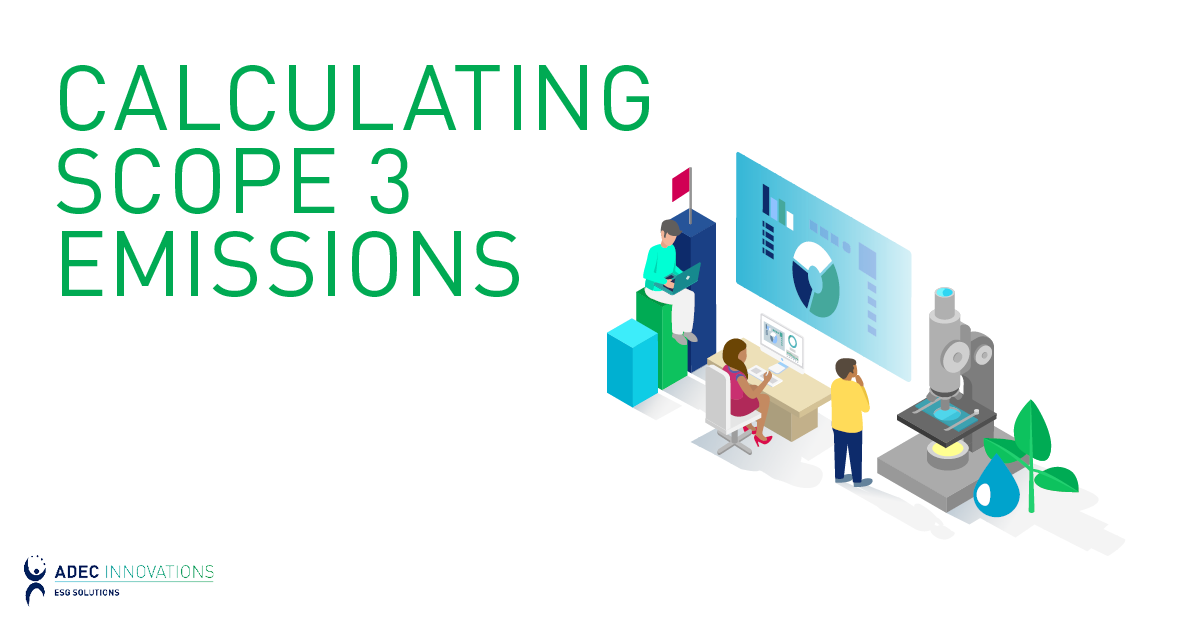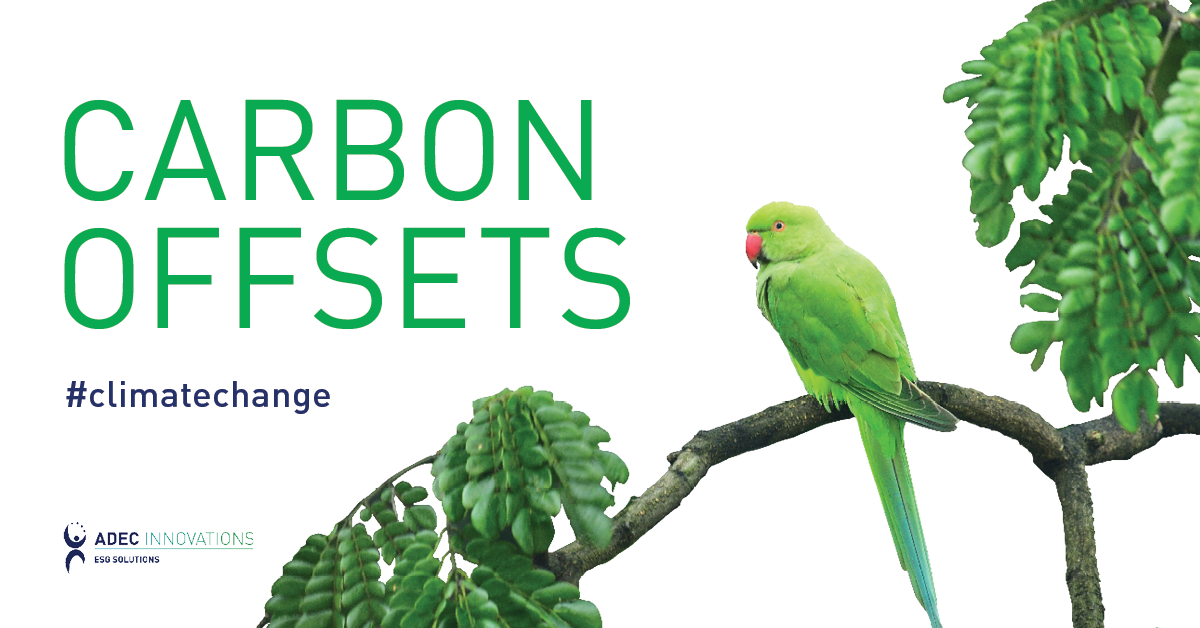What Does 10,000 tons per year of GHG Emissions Look Like?
On May 18, 2016 the Ontario government gave royal assent to legislate the Climate Change Mitigation and Low-carbon Economy Act, which implements the Cap and Trade Regulation effective July 1, 2016. Reporting and verification of greenhouse gas (GHG) emissions is required.

By Sharolyn Vettese
October 18, 2016
On May 18, 2016 the Ontario government gave royal assent to legislate the Climate Change Mitigation and Low-carbon Economy Act, which implements the Cap and Trade Regulation effective July 1, 2016. Reporting and verification of greenhouse gas (GHG) emissions is required. Ontario is now one of the participants (along with Quebec and California) of the Western Climate Initiative alliance in implementing a cap and trade (C&T) program.
Who must report GHG emissions?
Mandatory and Voluntary Participants in the C&T program.
Who are the Mandatory Participants?
The Ontario Ministry of the Environment has already contacted participants that are known to meet the mandatory standard and are required to register no later than November 30, 2016 as a participant. Mandatory Participants include fuel suppliers and distributors, electricity distributors, and transmission companies.
Who are the Voluntary Participants?
Voluntary Participants are those companies, industries, and organizations with GHG emissions between 10,000 and 25,000 metric tonnes of GHG emissions per year that choose to opt in.
The Voluntary Participant is required to file an emissions report, and a positive or qualified positive verification statement must be submitted.
What does 10,000 tonnes of GHG emissions per year look like?
To get an idea of what 10,000 tonnes of GHG emissions per year looks like, take a look at the following electricity, heating and gasoline GHG emissions per year. The information is from the US Environmental Agency (EPA):
| Emission Type | Amount/Year | GHG tons |
| Electricity | 14,230,000 kWh | 10,001 |
| Natural gas heating | 5,176 cubic meters | 10,001 |
| Natural gas heating | 182,800 mcf | 10,001 |
| Gasoline | 4,259,709 liters | 10,001 |
| Gasoline | 1,125,296 US gallons | 10,001 |
For your own GHG emissions, you will find this information from last year’s bills. When reporting, the GHG emissions are capped at 10,000 from all sources combined, per participant.
What is the equivalent of 10,001 tonnes of GHG emissions per year?
To put these amounts into context, the US EPA calculates that 10,001 tonnes of GHG emissions per year is equivalent to the following (last updated in May 2016):
- 2,112 passenger vehicles driven for 1 year
- 3,174 tons of waste recycled instead of going to landfill
- 1,477 homes’ electricity use for 1 year (9,634 kWh/home/year, or 802 kWh/mo.)
- 408,818 home barbeque propane cylinder tanks for 1 year
In terms of carbon sequestrations, 10,001 tonnes of GHG emissions per year is equivalent to the following:
- 259,175 tree seedlings grown for 10 years
- 9,467 acres of US forests in 1 year
- 7 acres of US forests preserved from conversion to cropland in 1 year
Both Mandatory and Voluntary Participants are eligible to apply for free allowances. Reporting and verification of GHG emissions is required by a third party once per year.
With the right cloud computing software, it is easy to set up the program and establish your benchmark, which is also verifiable. Updating the data year-to-year is also easy and verifiable, which is the basis for C&T.
SMV Energy Solutions takes the stress out of worrying about another level of administration, and turns it into a tool that will identify and encourage energy conservation practices throughout the participant’s operations. This is good for business and the planet.
ADEC Innovations (ADEC) fully integrates industry expertise with software solutions and data management. Our software solutions take you to a new level of cost-effective environmental management by automating your energy, sustainability and supply chain programs for optimal performance and profitability. To stay current on trends and legislation in energy management, subscribe to our monthly newsletter, GreenWatch.
Related Articles
Low-Carbon Economy, GHG Emissions, Climate Change Mitigation, Cap and Trade
By Tyanna Bui on November 2, 2021
Carbon Management | GHG Emissions
By Sharolyn Vettese on December 4, 2018
Environmental Planning | Energy | GHG Emissions | Carbon Tax | Cap and Trade
Be a sustainability leader.
Our team supports you no matter where you are on your Sustainability Journey. Talk to us today to learn more.






